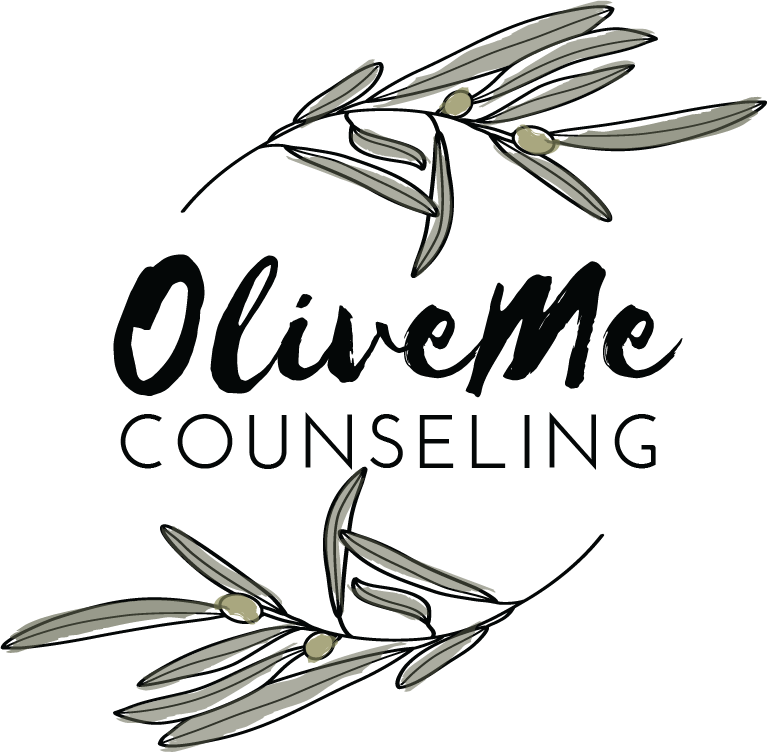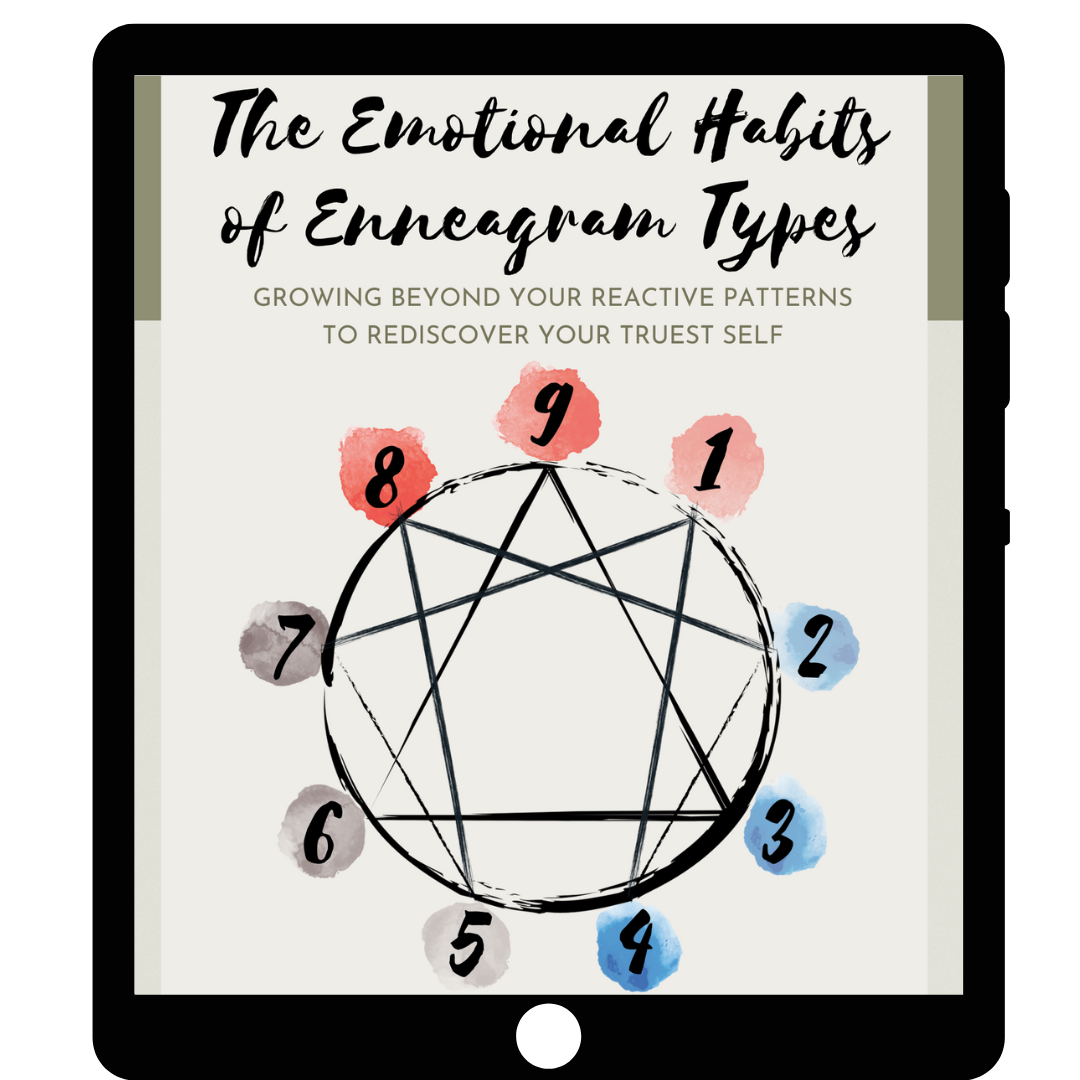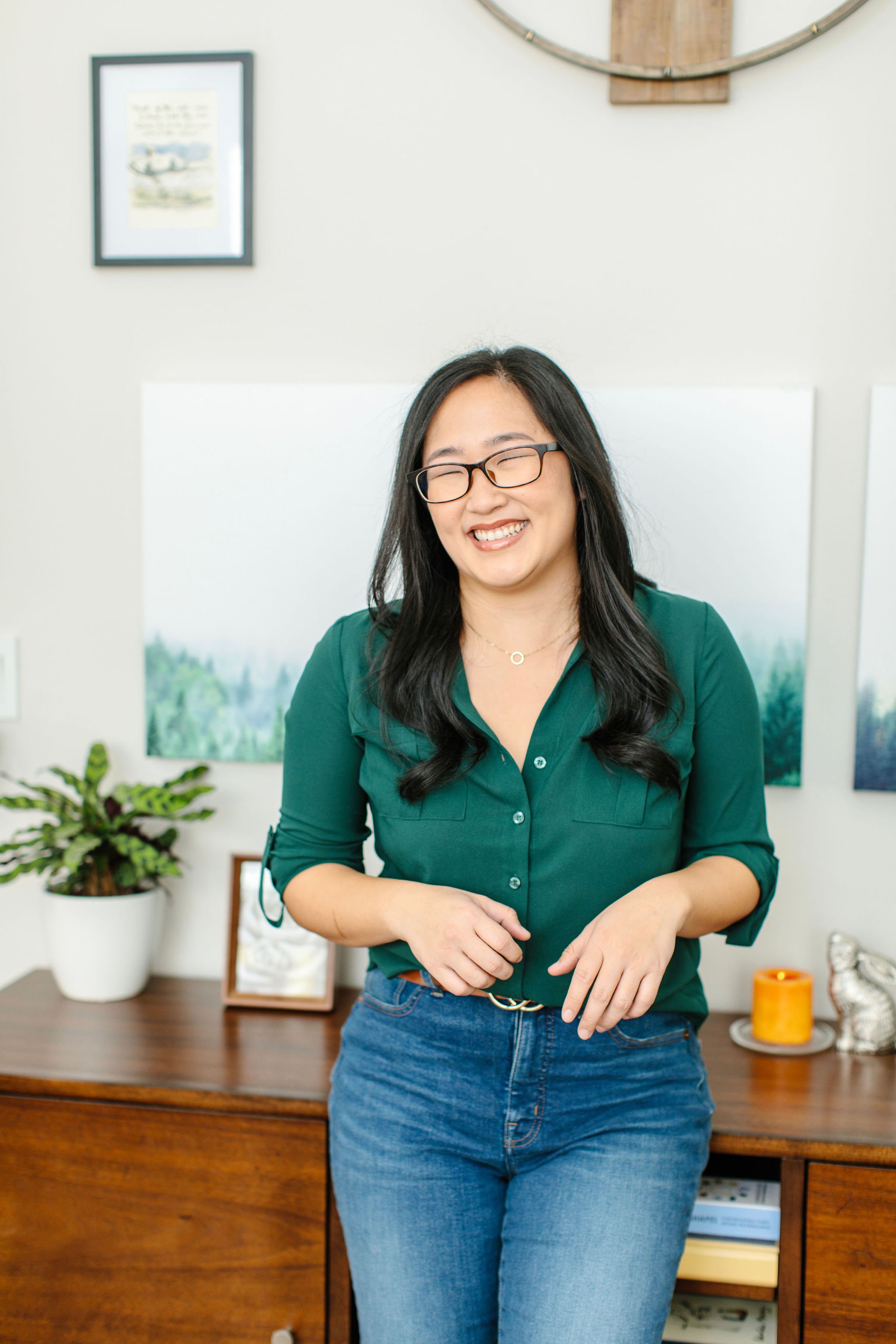Sooooo…I hit a deer. Actually, the deer hit me when he and his buddies just ran out from the trees onto the single lane I was driving.
(I’m fine, the deer’s fine, but my bumper is not.)
I put it in the shop to learn that, no, it’s not a single day job, and I gotta either be carless or take a rental.
Do I pay for a rental to just to commute to work, do I share my partner’s car, or do I ask for rides?
Here’s the (main) problem - I HATE asking for help.
…and so do a lot of the people I work with.
The reasons are plentiful:
“I don’t want to burden anyone.”
“I don’t want to rely on anyone.”
“I want to do it all.”
“I don’t need anybody.”
“I don’t deserve it.”
“I haven’t done anything to earn it.”
“What are they going to ask me in return?“
“I don’t know what I need.”
Obsessed with DIY
I live in a country that values independence to the point of even having a holiday for it. Rugged individualism, bootstrapping mentality, and strength without vulnerability are the treasured values here in the United States, and especially in the Silicon Valley.
Those who can’t do things for themselves are seen as weak, lesser, and immature. It’s as if it’s a crime to even have needs, let alone share them with others.
This is NOT being independent, but really counterdependent - being averse to needing anyone else.
Independence and dependence are neutral; they are neither inherently good or bad, but both are essential aspects of being human. There are some things we ought to do for ourselves, some things we ought to do for each other, and some things where it doesn’t really matter who does it, as long as it’s done.
(BTW, when someone overly does something for another that the latter ought to do for themselves, that’s codependent.)
Every human being is worthy of living in a smooth rhythm between dependence and independence. No one is better or worse than another. We are all equally capable of doing things for ourselves and others, and we are all worthy of being carried by others.
We all need and deserve to be interdependent.
How do I know whether I’m counterdependent?
Here are some questions to consider:
When was the last time you had someone else help you? (Was that deliberate or begrudgingly?)
Did that happen because you asked for it? (Did you have any other options otherwise?)
Would you have wanted to do it yourself? Why?
Do you have strong emotions (like guilt, anxiety, shame, or frustration) when someone else helps you? Do you feel lesser of a person or lesser than them? (What’s that about?)
Are your relationships balanced or lopsided? How often do you feel resentment towards others, or feel anxious on their behalf?
When you’re not managing or planning things, how tense do you get? How difficult is it for you to be present or enjoy things when someone else is in charge?
If you feel stressed even at the IDEA of relying on someone else, chances are you have a counterdependent stance.
Double-standards?
Who do you judge more harshly: yourself or others? Do you use the same or different standards? If not, why?
Judging others is already considered a no-no, but judging ourselves is sometimes considered a sign of maturity. Ironically, treating ourselves worse than we do others is also a manifestation of pride.
If I have higher standards on myself (as if I ought to be stronger, less weak, less “needy”), then I live as if I am/should be superhuman (only to judge myself as a subhuman when I can’t follow through).
(Read more about pride and shame.)
Any way we treat ourselves as NON-EQUAL with others leads to comparison, judgment, pride, and shame - all of these feed into reactivity, stress, and internal/external turmoil.
Equanimity (“equal” + “mind”/“life”), or having evenness of emotions or mental balance, is what we’re going for. The way to do that is to live in equality with others - no one is greater, no one is lesser.
How do I move towards interdependence?
Acknowledge the ways you REFUSE to be on an equal level with others.
If you put yourself in one-down positions (making yourself more helpless/vulnerable than others), step up. If you put yourself in one-up positions (making yourself better/stronger than others) step down.
If you resonate with being counterdependent (allergic to being helped), practice asking for (and really taking in) help.
Give room to the emotions that bubble up - don’t shove them back inside. Let them come, and move your body to release the energy out. (Better out than in!)
Learn new muscle memory as a fellow human being who is also worthy and who also has legitimate needs.
Those who’ve learned to be counterdependent grew up too quickly being a “grownup” for the majority of your life, skipping ever really being a kid.
If you find this to be super challenging, no judgment! There’s a good reason why your body is used to this. (This might be a great time to explore this in therapy and/or learn about your Enneagram type!)
Practice being innocent, tender, playful, and joyful like a child, despite the internal judgments of you being “selfish” or “childish” (chances are, you absorbed BS messages that belong to other people and aren’t yours to carry).
Practice being light, easy, and carefree. Allow yourself to be emotionally, physically, practically, and/or financially “carried” by those around you who (more often than you think) are wanting to care for you well.
(BTW - if you don’t explicitly tell others what you need, you’re leaving it up to THEM to fill in the blanks according to what makes the most sense to them. Most likely, they’ll be wrong, but that’s not particularly their fault. Don’t set them up to read your mind, because you’re setting up a LOSE-LOSE situation.)
Connect with your humanity and your equality with others. Live a life where YOU MATTER, TOO.
How can you ask for help this week?
(I asked for the two weeks my car was in the shop, and my relationships are the richer for it.)
What are your Enneagram type's emotional habits?
Grab this free guide that shows you how to grow beyond the patterns that keep you stuck!
Don't know your Enneagram type?
Find yours here!
© Copyright 2022 Joanne B. Kim. All rights reserved.
JOANNE B. KIM, LMFT
Joanne is a Licensed Marriage & Family Therapist and Certified Brainspotting Practitioner in San Jose, CA. She helps people EXHAUSTED by anxiety, shame, and an allergic reaction to anger create VIBRANT relationships where they matter, too.
Many of her clients are:
(1) the highly responsible, conscientious, and empathic types
(2) Enneagram Type Ones, Twos, Fours, or Nines
(3) Highly Sensitive Persons (HSPs)
The most common words spoken by those who’ve sat with Joanne:
“I thought it was just me. I’m NOT crazy!”
“I can finally figure out what to do with all these feelings!”


































Melissa Smith from the podcast “High Vibe Mindset” invited me to talk about emotional growth and the Enneagram types. Here is the transcript of our illuminating conversation spanning all nine types and how they can grow beyond their behavioral patterns.